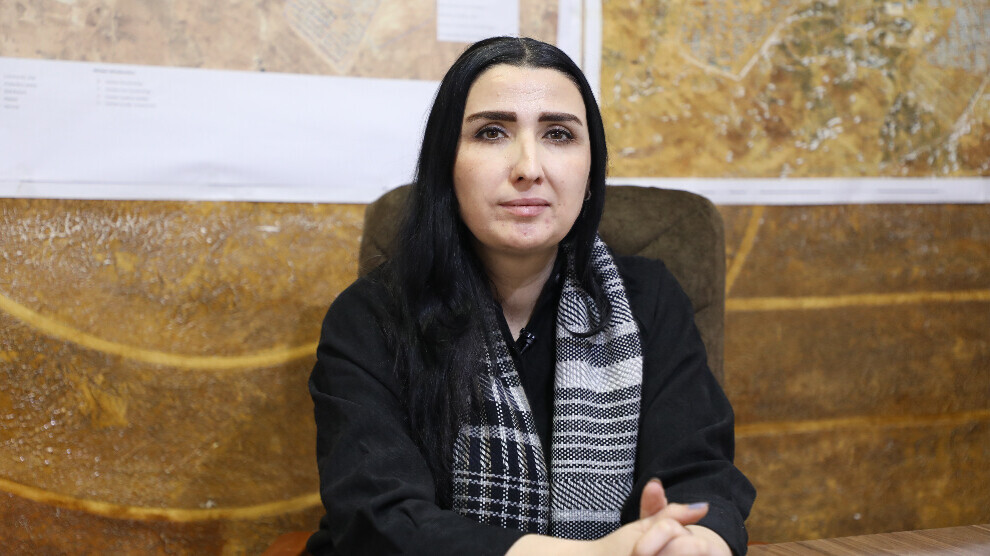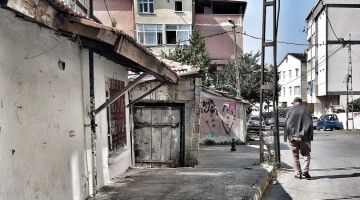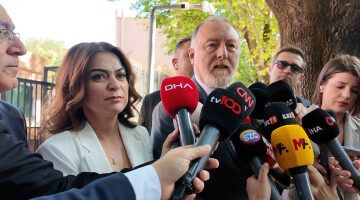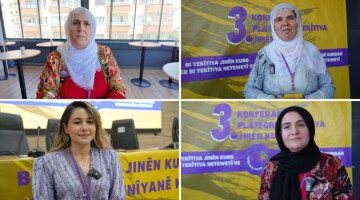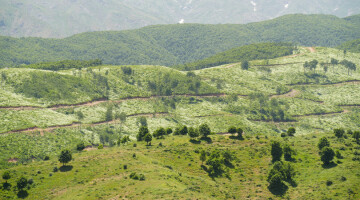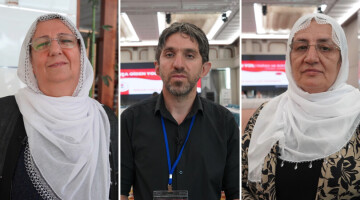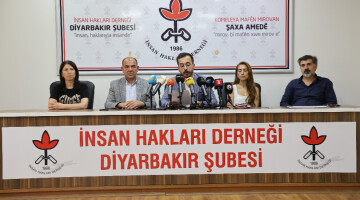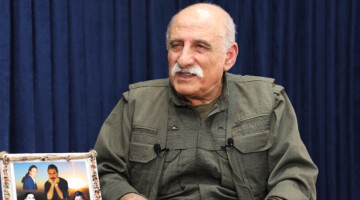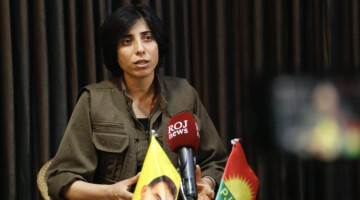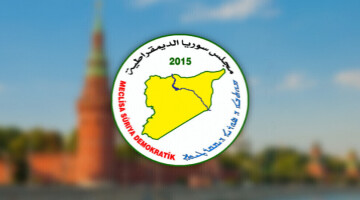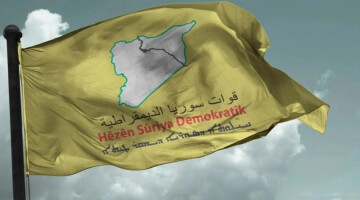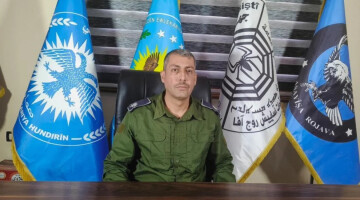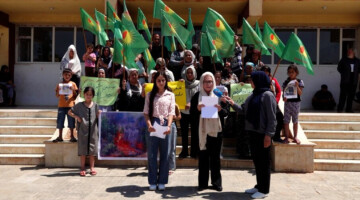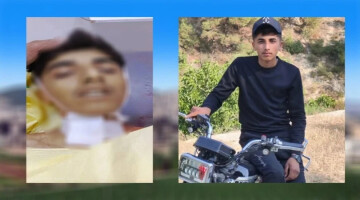In 2019, thousands of ISIS families were relocated to Hol Camp after the Operation Cizire Storm carried out by the Syrian Democratic Forces (SDF). Since 2019, Hol has continued to pose a great danger due to the cells of ISIS gangs inside the camp.
Two operations have been carried out in the camp so far, one on 28 March 2021 and the other on 25 August 2022. On January 27, the Internal Security Forces in North-East Syria launched another operation with the support of SDF and YPJ (Women’s Defense Units).
Speaking to ANF about the reasons and scope of the operation, Cihan Henan, co-chair of the Hol Camp Administration, stated that after the attacks of the Turkish state on North and East Syria, ISIS cells in the camp organised themselves more strongly.
Noting that the most recent move in Hol camp was launched as the third phase of the operations, Cihan Henan said, "This move is led by YPJ, SDF and internal security forces. Of course, the international coalition, which has always been with us in the fight against ISIS, will also take part in this move. We carried out the second phase in August 2022. At that time, there were too many executions in the camp and urgent intervention was needed. In the six months following this move, the situation in the camp improved considerably. Security was ensured. However, after six months, ISIS cells started to organise themselves again. Incidents started to happen in the camp again. An increasing number of theft started, while women were tortured. Some of the women who were tortured came to us. They said they had been extorted and tortured. One woman was even stabbed, and we had her treated in Hesekê. Towards the end of 2023, the situation in the camp worsened. They started to kidnap people from the camp. Asayish arrested many people. Batteries and different materials started to be stolen from aid organisations. In the last two months, Asayish seized a large quantity of weapons. Abu Ubaydah, their emir, was killed. Therefore, there was a need for a move to ensure security again. Because not only the security and defence of the people inside the camp had to be ensured, but also the security of the people working in the camp from outside had to be secured. They attempted to stab two women to death, but we intervened early on. Their numbers were increasing day by day. In the most recent period, no one could work in the camp anymore. They were breaking all the lamps in the camp. It was already understood from the materials stolen in the camp that they were preparing for something. We received information that they gathered in front of aid organisations with their faces covered and with weapons in their hands. We also received information that they were moving around with weapons inside the camp."
Stressing that their re-organisation within the camp in such a short period of time could not be done without external support, Cihan Henan continued; "They definitely have relations with the outside. Because phones and the internet are not forbidden in the camp. Besides, the camp is very large, and their numbers are quite high. It is difficult to control them completely with the means at our disposal. There are too many people coming in and out of the camp. Sometimes a thousand people come in and out daily. There are workers, there are many employees of aid organisations coming from outside. At least 50-100 cars enter the camp every day. This makes entire control difficult. It is already certain that these movements are directed from outside. Because we always find weapons in every operation in the camp. We also capture members of many cells. This makes it necessary for us to make moves from time to time."
Cihan Henan stated that ISIS cells organised themselves more strongly in the camp after the Turkish state's attacks on North and East Syria; "Especially after the recent attacks of the Turkish state, there has been a lot of movement in the camp. They started to cause disturbances every day. They were gathering and attacking security forces. No one could enter the camp. They broke the windows and headlights of cars. They smashed the heads of the workers. Again, drivers were beaten many times. They even attacked the Heyva Sor (Kurdish Red Crescent) vehicles that were going to take them to the hospital. The attacks of the Turkish state in particular cause much more damage to the camp. Every time there is an attack, the cells organise themselves even further. Because people cannot move freely due to the attacks of the Turkish state. This being the case, the cells in the camp can move more easily. Workers from Qamişlo, Hesekê and other cities cannot come to the camp. It becomes difficult to meet the needs. This time, they make an excuse that the needs are missing and create confusion. In fact, when the Turkish state attacks every region, ISIS cells take courage from this."

